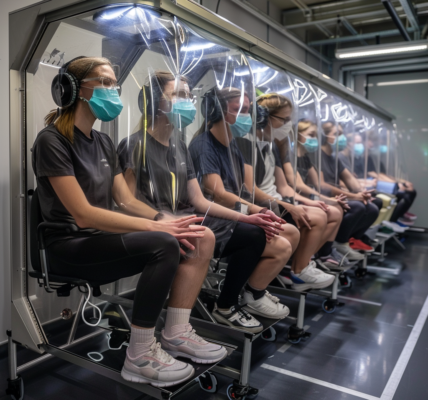The first man to receive a genetically modified kidney transplant from a pig has been discharged from Massachusetts General Hospital (MGH) after a ground-breaking surgery. The 62-year-old patient, Richard ‘Rick’ Slayman of Weymouth, Massachusetts, underwent the historic procedure two weeks ago and was sent home on Wednesday.
Organ transplants from genetically modified pigs have faced failures in the past, but the success of this recent surgery has been celebrated as a significant milestone in the field of transplantation. The news was announced in a press release by MGH, Harvard Medical School’s largest teaching hospital in Boston.
Mr. Slayman, who had been battling end-stage kidney disease, received a genetically-edited pig kidney in a four-hour-long surgery on 16 March. His doctors reported that the transplanted kidney is functioning well, and he no longer requires dialysis.
In a statement, Mr. Slayman expressed his joy at being able to leave the hospital and return home, describing it as ‘one of the happiest moments’ of his life. He looks forward to spending time with his family, friends, and loved ones without the burden of dialysis that had affected his quality of life for many years.
Having previously undergone a human kidney transplant in 2018, which began to fail last year, Mr. Slayman saw the pig kidney transplant not only as a personal solution but also as a source of hope for the thousands of people in need of transplants to survive.
The pig kidney he received was modified by eGenesis, a Cambridge-based pharmaceutical company, to remove harmful pig genes and incorporate specific human genes to enhance compatibility with humans. Massachusetts General Hospital drew from its history, dating back to the world’s first successful human organ transplant – a kidney – in 1954, as well as its research collaboration with eGenesis over the past five years in xenotransplantation (interspecies organ transplants).
The procedure received approval from the Food and Drug Administration under a single Expanded Access Protocol, also known as compassionate use, which allows patients with life-threatening illnesses access to experimental treatments. The transplant team believes that this historic step could potentially address the world’s organ shortage, particularly benefiting ethnic minority communities disproportionately affected by the shortage.





